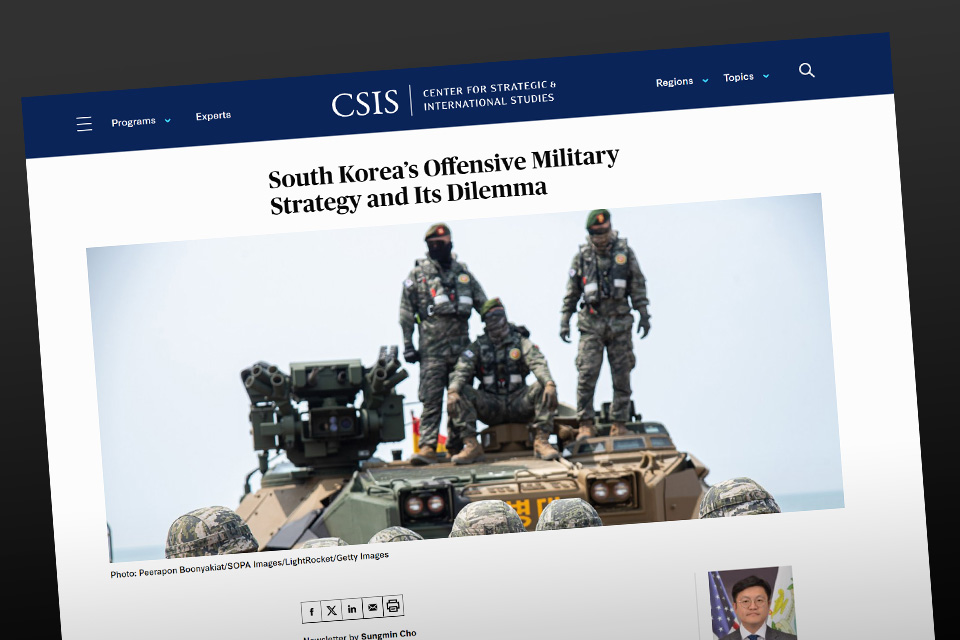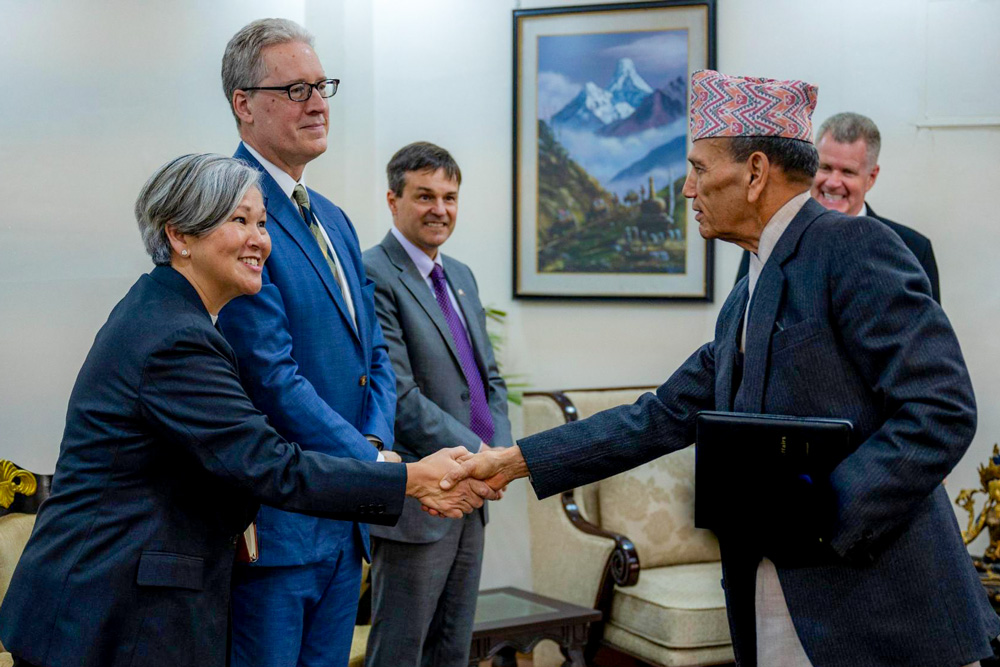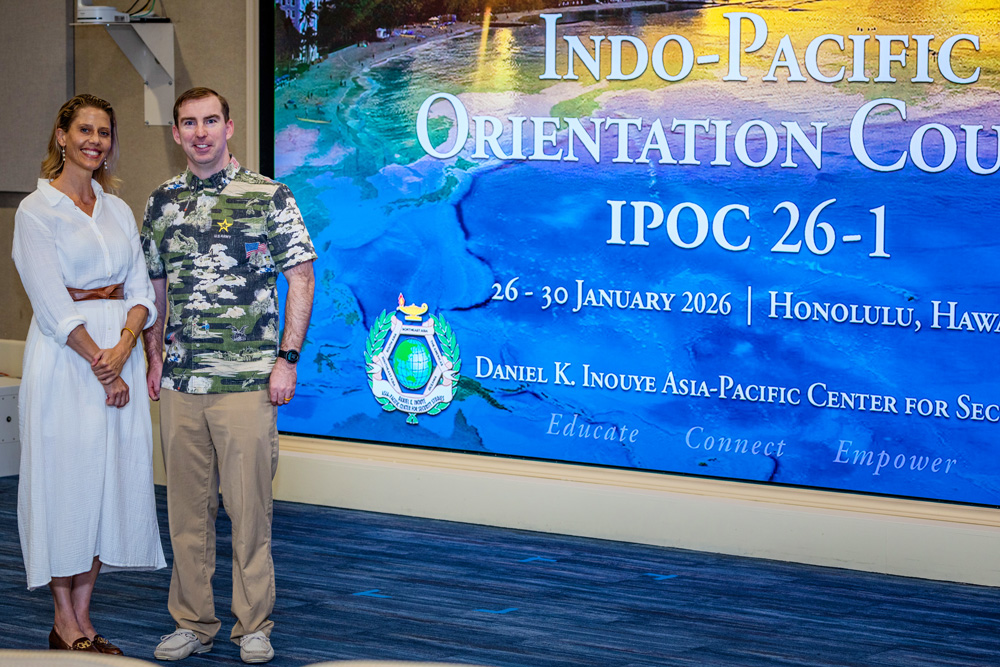Dr. Sungmin Cho’s article, recently published by CSIS, sheds light on South Korea’s offensive military strategy amid shifting dynamics with North Korea. While North Korea’s recent stance has sparked debates, Cho highlights the significance of understanding South Korea’s approach. Defense Minister Shin Won-sik’s emphasis on immediate and forceful responses underscores South Korea’s defensive intent, though uncertainties remain regarding Pyongyang’s perceptions and the management of escalating risks.
Cho delves into the evolution of South Korea’s offensive doctrine, notably its “three-axis system,” illustrating the nation’s reliance on advanced capabilities to counter North Korea’s nuclear threat. However, concerns arise regarding the legality and consequences of such an approach, particularly regarding “massive retaliation” strikes. Critics, including U.S. experts, urge restraint, advocating for a focus on deterrence by denial over punishment.
To address the dilemma of escalating risks, Cho proposes clear communication of defensive intent and suggests third-party mediation, notably by China. By combining military strategy with diplomatic initiatives, there’s potential for an exit strategy for Pyongyang while safeguarding Peninsula stability. Cho’s analysis underscores the complexities of the Korean Peninsula’s security dynamics and the imperative for nuanced approaches in navigating them.
Dr. Sungmin Cho is a professor at Daniel K. Inouye Asia Pacific Center for Security Studies (APCSS), an academic institute of the U.S. Department of Defense based in Hawaii. The views expressed in this article only reflect his own views, not those of APCSS or the U.S. Department of Defense.










Leave A Comment